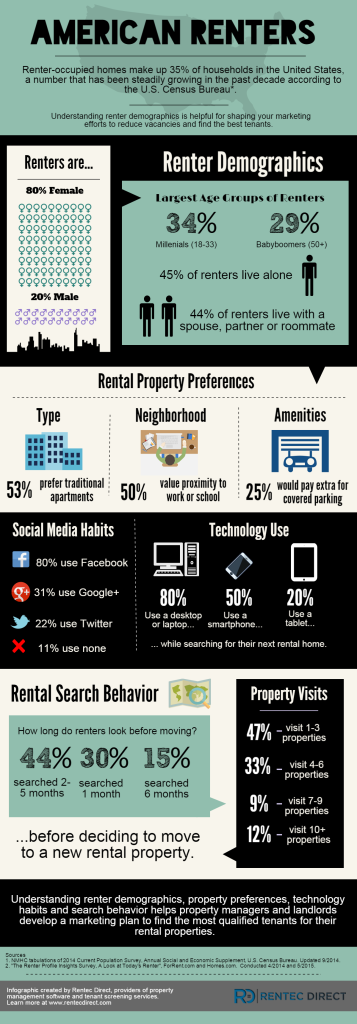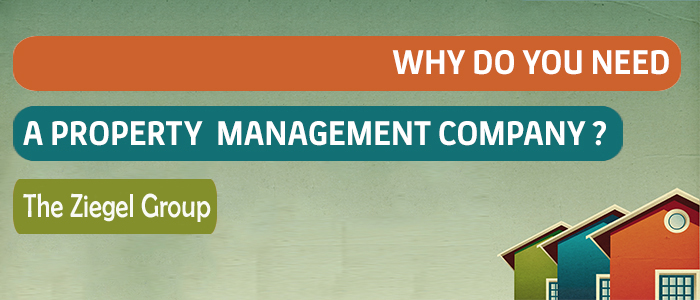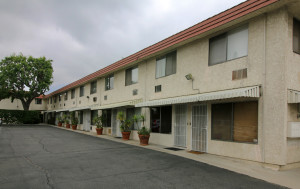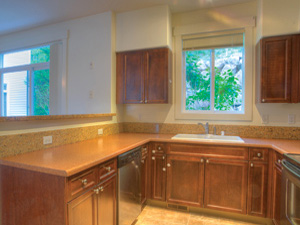Upgrade your aging apartment
Everyone wants more for less. This is especially true with apartment renters. They want their apartments to be modern, spacious, and to include amenities for their rent, but don’t want to pay top dollar. To appease and appeal to potential renters, apartment managers need to upgrade their stale apartments, but at the least possible cost.
When it comes to breathing new life into your stock, focus on four categories that will improve your apartment’s appeal to potential tenants: the inside of the unit, the building’s appearance, energy efficiency, and the “extras” that go along with renting one of your units. Find out from the experts what changes they are making to their stock in order to increase appeal.
What’s on the Inside Counts
A floor-to-ceiling remodel is probably not the fix you’re looking for. And luckily, most apartment stock can be revived without turning to that solution. “In today’s economy, you really can’t build your way to higher rents,” says Armand Brachman, principal at Dominium. “What I mean by that is, you can’t go out and spend a lot of money and expect to get more rent, because right now we don’t have the renters in the marketplace that can afford to pay those rents. Start looking at things that you can do to make a difference and at how you can set yourself apart from your competition. Some of the most common low-cost ways to make a difference are applying new paint, carpeting, and doing a really thorough cleaning.”
The inside of the apartment unit may be clean and freshly painted, but still may not attract renters because there’s nothing special about the unit itself. In that case, try adding an accent. “Offer an accent wall in the living room,” says Christopher Canale, vice president of operations at GPX Realty Partners. “This will cost $50 and sets you apart from the typical white box that they have been walking into.”
After applying that fresh coat of paint, look at the kitchens and bathrooms of the apartment units. “We found that what renters really focus on and that makes a big difference are your kitchens and bathrooms,” Brachman says. Bring tired, outdated units up to today’s standards with simple fixes in the kitchens and bathrooms.
Replacing old cabinet doors and hardware, as well as old countertops, can make a tremendous impact on the unit’s appearance, thereby making it more appealing. “Ideally, if the cabinets need to be replaced, put in new countertops, and that really makes a difference,” Brachman explains. Even if the current cabinets are in good condition, at least update the hardware.
“Upgraded kitchens and baths give a new resident the feel of a home instead of the feel of just renting someone else’s old apartment,” explains Canale. Not only is this good for your tenants, it’s also good for you. “It instills a sense of pride in your resident, who hopefully will take better care of the property.”
In addition, take the time to replace appliances and either replace or thoroughly clean the flooring.
“Change outdated lighting fixtures,” elaborates Canale. “No one wants to live in an apartment that feels old. Updating also sends an unspoken message that you do invest in your property, no matter how small. Outdated apartments do not move easily.”
Outward Appearances Matter
Even though people are taught not to “judge a book by its cover,” they do. The outside appearance of a building can speak volumes about a property’s maintenance standards and upkeep – inside and out. Give your potential tenants the best possible image of your property from the second they pull up to the building – balance your exterior upgrades with the upgrades you make on the interiors.
“Limited amounts of new landscaping and new signage could enhance the appearance of your project,” says Stan Braden, chairman and principal at KTGY. If your complex has carports or uncovered parking spaces instead of individual garages (which can be negative to some tenants), point out the positive aspects – including privacy, open space, and mature landscaping.
Landscaping may work wonders for a unit that is already in good shape, but not if the unit is already worn out due to deferred maintenance or in need of significant repairs. “Consider new roofing, new siding (if applicable), or new balcony railings,” explains Braden. These fixes may be justified to make the project look refreshed. “If you need to replace any exterior material due to termites, dry rot, or other issues, why not select a new replacement material and give your project a new look?” he says.
Brachman agrees with the premise of giving your building a new look by changing the siding. “If you have a little more money available, putting new siding on a building definitely improves the curb appeal and the appearance of your property,” he says.
Energy Efficiency Makes Units Shining Stars
Energy efficiency is on everyone’s mind. Especially if potential tenants are paying their own energy bills, they are interested in units with energy-efficient appliances.
“Take a look at what kinds of things you can do to the property to improve and reduce operating expenses,” recommends Brachman. “That might be things like putting in energy-efficient light fixtures and replacing furnaces (and HVAC systems) with more energy-efficient ones, both of which cut down the operating costs. Start looking at how you can save on energy costs, and ultimately, that helps the bottom line for the owner. Start focusing more and more on those mechanical items.”
These energy-efficient improvements can serve as a marketing tool for your units. “Let’s say that the tenants pay their own utilities,” says Brachman. “We will show them what their utility costs are, and typically, we’ll show them that the new air-conditioning or heating unit will cost them less than the earlier one. Newer equipment works better and is more efficient, and I think tenants appreciate it.”
Replacing older appliances with energy-efficient ones may cost more initially, but you’ll make more money than you would with an empty unit.
Perks Are a Plus
Amenities make your units stand out. “Upgrade the club room, fitness center, and pool/spa area,” says Braden. “Older apartments may have laundry rooms throughout the property with coin-operated washers and dryers. Is there space and proximity to utilities and plumbing to add a stacked washer/dryer to each unit? This is not always practical, but if justified, the existing laundry facilities can be converted to other uses, including tenant storage, an activity area, open space, etc.”
“Ask your tenants and prospective tenants what is most important to them,” says Braden. “Depending on the quality of your on-site management, you may want it involved in the process, or consider a survey of your tenants and potential future residents.” If you can find out what is important to your future and current tenants, you can concentrate your budget on the areas that will attract tenants, and therefore generate income.
Desired perks can be as low-cost as offering “pet friendly” units (no special remodeling or renovations needed to allow pets in certain units) and adding Wi-Fi to the property.
Shop Around
If you don’t know what your competing properties are offering, then you don’t know what you’re not offering and why your units may not be appealing. “Shop your competition,” says Canale. “Where would you prefer to live?”
“If your competition in a marketplace looks better, has had a face-lift, has been remodeled – to stay competitive, you’re going to have to remodel also,” Brachman says. “In today’s environment, there’s more supply than demand. You can’t fall behind your competition, so you always need to be aware of who your competitors are, what they are doing, what their product looks like, their pricing structure, and their rent levels.”
Back to Basics
Brachman gives an example of a unit in Cleveland, to illustrate how the basics of good property management – not a lot of money – can turn around apartment occupancy. “We did some basic painting where it was needed, we added some blinds to the units, and we put new door latches and pulls on the cabinets,” he says. “Just by doing that simple stuff we were able to significantly improve the occupancy of a property that a lot of people didn’t think was leasable.” Picking up trash, cutting grass, and planting flowers are low-cost ways to make your property more appealing and more renter-friendly.
“Just get back to the basics of good property management,” Brachman says. “You don’t have to spend a lot of money; you need to have the people in place to make it look good.”
Source: Buildings.com









